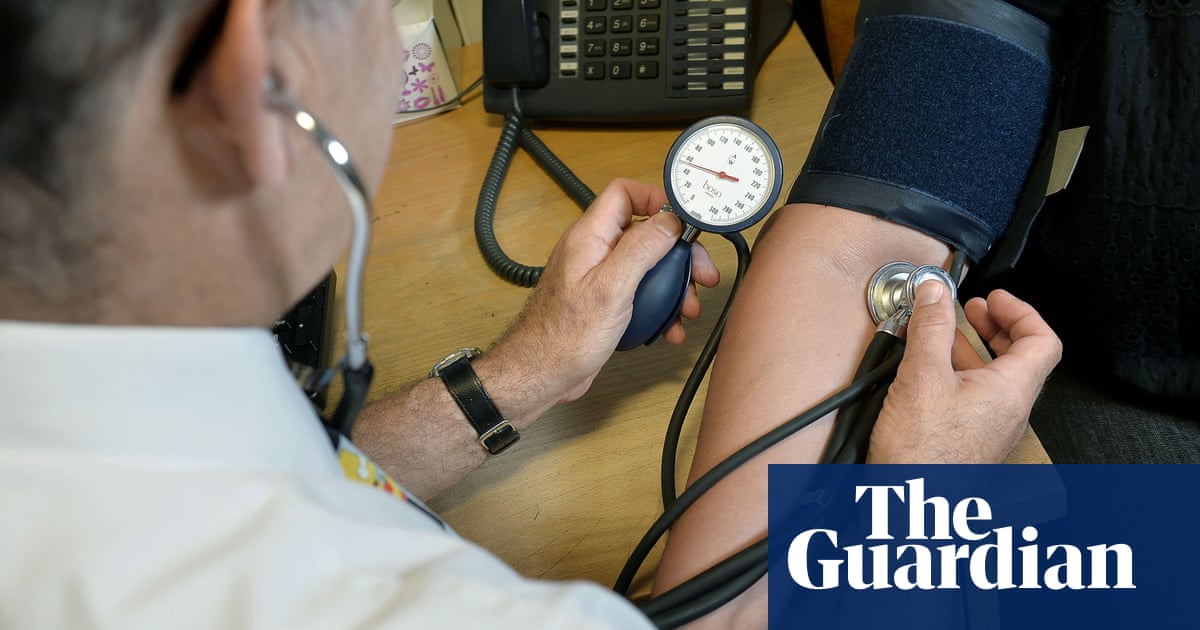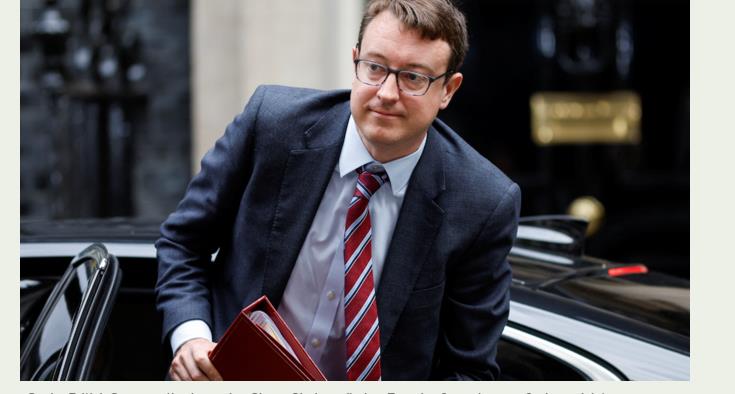
Britain’s top family doctor is calling for a “black alert” system to be introduced in general practice so that doctors can warn when surgeries are dangerously over capacity.
It comes as a report reveals that almost half of GPs can no longer guarantee safe care for millions of patients, as a shortage of medics means they are unable to cope with soaring demand.
Prof Kamila Hawthorne, the chair of the Royal College of General Practitioners (RCGP), which represents 54,000 family doctors across the UK, wants a patient safety alert system introduced that is modelled on the operational pressures escalation levels (Opel) warnings – known as “black alerts” – already used by hospitals.
It would enable practices and GPs to flag unsafe levels of workload, triggering support from their local health system. GP surgeries would be able to temporarily suspend non-priority activities – including some regular health checkups, certain routine but mandatory staff training and non-urgent paperwork – during periods of excessive workload. This would allow surgeries to reprioritise routine and non-urgent activity and ensure patient safety is prioritised.
Hawthorne said: “General practice is a safety-critical industry yet GPs have none of the mechanisms that other safety-critical professions, such as the air traffic industry, have in place to protect them.
“Our number one priority is the safety of our patients, but GPs are doing more and more to try to meet the rising demand for our services. When you’re fatigued, you’re more likely to make mistakes and our survey shows that many GPs are no longer able to guarantee that the care they are providing to their patients is as safe as it could be.”
She said a fall in GP numbers was to blame for the crisis in primary care and warned it had led to the risk of mistakes being made, with doctors having to squeeze many more appointments into their day.
At the same time, a growing and ageing population with complex conditions in addition to an overall increase in demand for care means GPs are suffering under the pressure of unsustainable workloads, according to Hawthorne. As a result, overworked family doctors are increasingly fearful of making serious mistakes or missing crucial signs of potentially life-threatening conditions.
“General practice is being run into the ground and we need action to stop this, for the sake of our patients, our GPs and their teams and the wider NHS,” she said.
Hawthorne’s call ahead of the RCGP’s annual conference this week comes as a survey of its GP members – with 1,539 responses – revealed that nearly half of GPs (46%) say they do not have enough time in their appointments to ensure patient safety.
Last month, general practice delivered 5m extra appointments for patients than in August 2019 – equating to 150,000 extra appointments a day – all with 883 fewer GPs than in 2019, according to the RCGP. Each GP in England is now responsible, on average, for 2,300 patients – an increase of more than 150 patients from the end of 2019.
“We need urgent measures to minimise the potential for any mistakes and that’s why we’re calling for a safety alert system for general practice to protect patients and the hardworking and dedicated GPs and their teams who are caring for them,” Hawthorne said.
“While some of our appointments will be brief and routine, the vast majority will require careful consideration from GPs to assess the many competing factors at play in an individual patient’s health. This process should not be rushed.
“NHS pressures are not confined to hospitals and there are pressures in general practice all year round, not just in the winter, yet our service is overlooked when it comes to support and funding. The OPEL system has been operating effectively in hospitals for many years and it’s time that general practice had our own equivalent. It will enable practices to sound the alarm and call for help before the care of patients is compromised.”
Dr Priya Kumar, a GP at Kumar Medical Centre in Slough, said: “There is enormous pressure on our time, created by the volume of patients we see, and as patient lists get longer, time pressures grow and the conditions GPs and patients tolerate now are without doubt getting worse. In this regard, a new patient safety alert system can only be a good thing.”
Dr Emma Wong, a GP in Sheffield, said her practice was seeing more patients presenting with physical and mental health problems linked to the cost of living crisis.
She said: “We’re crying out for help in general practice and we need new initiatives that ensure our workload can be managed so that we can provide appropriate care for those who desperately need it, with appointment times that are adequate for complex needs.”
NHS England told the Guardian it would review the OPEL system over the next year, but said there were no plans to roll it out across general practice this winter.
An NHS England spokesperson said: “NHS England has committed to reviewing the OPEL system over the next year to bring in more services – including primary care – and all NHS systems must have tools in place to understand the significant pressures on GPs ahead of this winter.”












